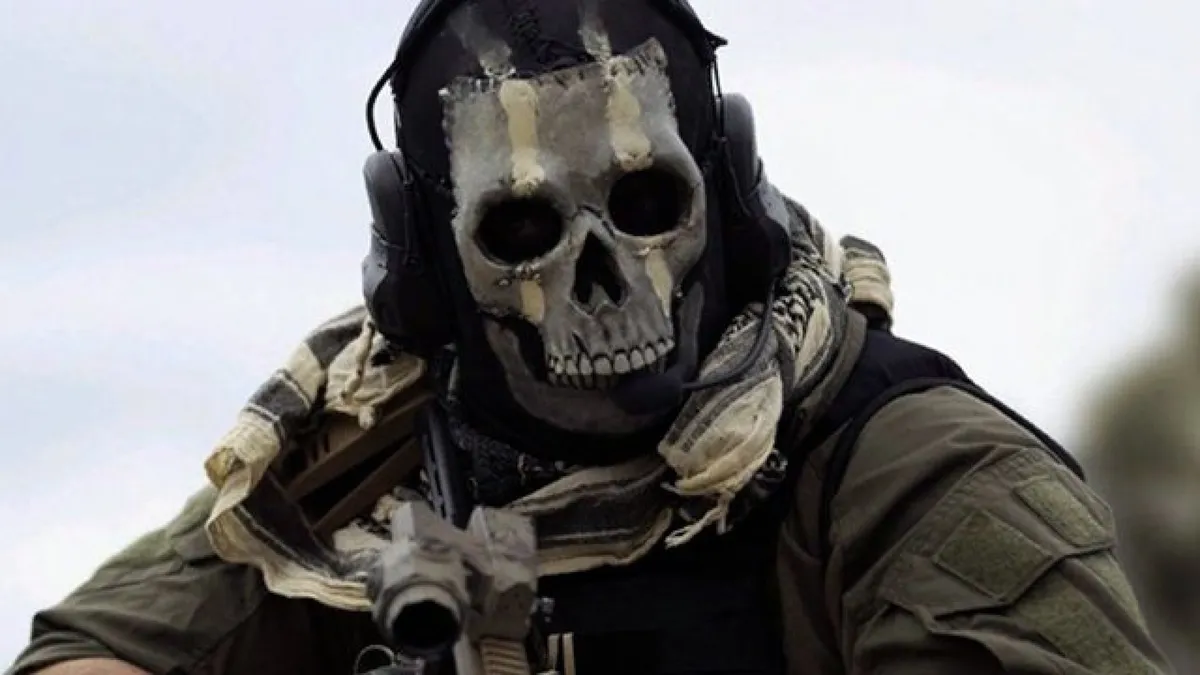“There’s No Easy Way Out,” performed by Robert Tepper and featured on the Rocky IV soundtrack, is more than just a song accompanying a pivotal moment in one of the most iconic sports film franchises. It encapsulates the raw emotions of struggle, loss, and determination that define both the “Rocky” series and the broader cultural themes of the 1980s. Released in 1985, the song quickly became synonymous with the film’s themes of perseverance, emotional resilience, and overcoming seemingly insurmountable odds, while also becoming a standout track in the era of power ballads and synth-heavy rock anthems.
In this critical exploration, we will delve into the musical, lyrical, and cultural significance of “There’s No Easy Way Out” within the context of Rocky IV and the wider world of 1980s pop culture. We will also examine how the song amplifies the emotional narrative of the film and continues to resonate with audiences decades later.
The Role of Music in Rocky IV
Music has always played a central role in the Rocky franchise, with iconic tracks like “Eye of the Tiger” from Rocky III becoming forever associated with the underdog spirit of Rocky Balboa. In Rocky IV, music serves as a narrative device that enhances the emotional depth of the story, particularly during the training montages and pivotal confrontations. “There’s No Easy Way Out” is used during one of the most critical scenes in the film: after the death of Rocky’s close friend Apollo Creed, Rocky embarks on an emotional drive, reflecting on the loss and the difficult choices he must face in challenging Ivan Drago, the seemingly invincible Soviet fighter responsible for Apollo’s death.
The song’s placement in this scene is crucial—it underscores Rocky’s internal struggle. Rather than focusing on physical training or battle preparation, this moment is about the emotional toll of loss and the weight of making a decision that could risk everything. The lyrics, “There’s no easy way out, there’s no shortcut home,” encapsulate Rocky’s realization that there is no simple solution to his pain. He can’t bring back Apollo, and the path ahead is fraught with danger and uncertainty.
The song’s driving beat and powerful guitar riffs mirror the intensity of Rocky’s emotions, while the atmospheric synths add a haunting, almost otherworldly quality to the track. This combination of rock instrumentation with electronic elements was typical of 1980s power ballads, which sought to blend raw emotion with anthemic musicality. In this context, “There’s No Easy Way Out” not only enhances the emotional complexity of the scene but also captures the spirit of the 1980s: a time when music and film were often intertwined in creating larger-than-life moments of triumph and tragedy.
Lyrical Themes: Resilience, Loss, and Determination
At its core, “There’s No Easy Way Out” is a song about resilience and determination in the face of overwhelming obstacles. The lyrics speak to the universal experience of hardship and the realization that, no matter how difficult life becomes, there is no simple solution to escaping pain or adversity. This message resonates deeply with the central themes of Rocky IV, a film that pits Rocky not just against a physical opponent but against his own grief, doubts, and the political tensions of the Cold War era.
The chorus, with its repeated assertion that “there’s no easy way out,” emphasizes the idea that challenges must be faced head-on. Rocky’s journey has always been about overcoming seemingly insurmountable odds, and this song reflects the inner turmoil that often accompanies such a journey. Unlike some of the more triumphant songs associated with the Rocky series, “There’s No Easy Way Out” is more introspective, acknowledging the emotional cost of fighting for what’s right.
The lyrics also touch on the theme of accountability and the need to confront difficult truths. “We’re not indestructible, baby, better get that straight,” reminds both Rocky and the audience that no one is invincible. This acknowledgment of vulnerability is central to the emotional arc of the film. Rocky is not just fighting Drago—he is confronting his own fears, doubts, and the loss of a friend who died in pursuit of a reckless dream. The song’s lyrics mirror Rocky’s internal dialogue, making it clear that while the road ahead is difficult, it is one that must be traveled.
The Power Ballad: A Reflection of 1980s Pop Culture
“There’s No Easy Way Out” is emblematic of the 1980s power ballad, a genre characterized by its emotional intensity, soaring vocals, and anthemic instrumentation. Power ballads were a staple of 1980s rock, blending the raw energy of rock music with emotionally charged lyrics that often dealt with themes of love, loss, and resilience. In the case of “There’s No Easy Way Out,” the song’s powerful vocal delivery by Robert Tepper and its driving beat fit perfectly within the aesthetic of the decade, while also enhancing the film’s emotional narrative.
The 1980s were a decade of excess and spectacle, both in music and film. The use of songs like “There’s No Easy Way Out” in movies like Rocky IV reflects the cultural landscape of the time, where music played a crucial role in shaping the emotional tone of films. The rise of MTV in the early 1980s further cemented the connection between music and visual storytelling, as music videos became a key part of an artist’s success. The fusion of music and film in Rocky IV was part of this broader trend, with songs like “Eye of the Tiger” and “No Easy Way Out” becoming not just soundtracks but essential components of the film’s identity.
Beyond its role in the film, “There’s No Easy Way Out” also stands as a quintessential example of the power ballad’s ability to transcend its context. Like many power ballads of the era, it captures a raw, emotional moment that feels both personal and universal. For audiences in the 1980s, the song’s themes of resilience and determination mirrored the cultural emphasis on individual achievement and triumph over adversity, both in sports and in life.
Impression
Decades after its release, “There’s No Easy Way Out” remains a beloved track not just among Rocky fans but also within the broader context of 1980s music. Its inclusion in Rocky IV cemented its place in popular culture, and it continues to be a fixture in gym playlists, motivational soundtracks, and nostalgia-driven media.
The song’s enduring popularity can be attributed to its universal themes of struggle and perseverance, which resonate across generations. For many, “There’s No Easy Way Out” is not just a relic of the 1980s—it is a timeless anthem that speaks to the challenges we all face in life. Whether it’s overcoming personal loss, facing difficult decisions, or fighting for a goal, the song’s message remains relevant.
In the context of the Rocky series, “There’s No Easy Way Out” holds a special place because it highlights a side of Rocky that is often overshadowed by his physical strength and endurance. The song underscores Rocky’s emotional complexity, reminding viewers that his battles are not just fought in the ring but also in his heart and mind. This emotional depth is one of the reasons why the Rocky franchise has remained so popular—its protagonist is not just a fighter; he is a fully realized character who grapples with real, human emotions.
“There’s No Easy Way Out” is more than just a soundtrack to one of Rocky IV’s most pivotal scenes—it is a song that embodies the emotional core of the Rocky franchise and the broader cultural themes of the 1980s. With its powerful lyrics, driving instrumentation, and emotional intensity, the song encapsulates the themes of resilience, determination, and emotional reckoning that define both the film and its iconic protagonist, Rocky Balboa.
The song’s legacy continues to resonate with audiences today, serving as a reminder that, in life, there are no shortcuts or easy solutions. Whether faced with personal loss, difficult choices, or the challenges of pursuing a goal, “There’s No Easy Way Out” speaks to the inner strength required to face adversity and keep moving forward. As a staple of 1980s power ballads and a key moment in Rocky IV, the song remains a timeless anthem for anyone who has ever fought their way through life’s toughest battles.
No comments yet.







